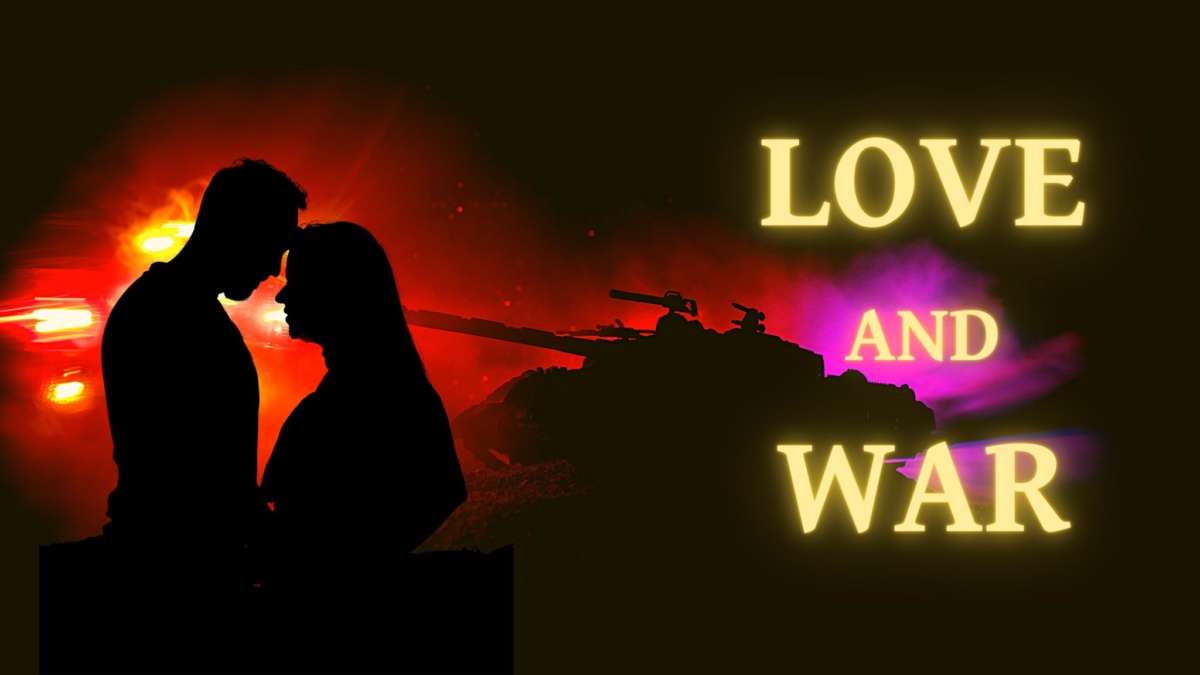“All’s fair in love and war,” says a proverb so well-known that its origin is blurry and has long since passed. When you break it down, however, love isn’t fair at all, and in many circumstances, one does not get what one deserves. As for war? There’s nothing even remotely fair about it. Put the two together and, while the ends may justify the means in achieving success in either endeavor, the ultimate takeaway is rarely, if ever, fair.
The likelihood of a fair outcome (and this also applies to that other meaning of the word, “pleasing to the eye or mind especially because of fresh, charming, or flawless quality”) is even less likely when those falling in love are fighting the demons of post-traumatic stress disorder brought on by the unspeakable terrors they endured in service to their country.
Maybe, also, the PTSD wasn’t willingly taken on but unwillingly suffered through proximity when home became a battleground. Maybe the PTSD came unexpectedly as a cruel opportunity cost of other life choices. Maybe it’s been taking up space in the person’s mind for decades. However it happened, it certainly leads a love story into a minefield … and the author of a love story into a minefield of explosive literary possibilities.
We’ve chosen an assortment of loves and wars that combined to create great reads. Some are lighter than others and some have happier endings than others. Are any of them “fair” endings, though? That’s for you to decide.
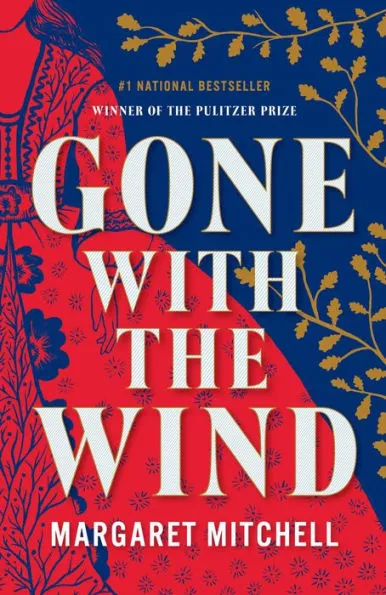
Gone With The Wind by Margaret Mitchell
This massive novel is an epic, controversial but indubitably well-written artifact of a bygone era. Perhaps the classic novel of love and sacrifice, it follows the quintessential Scarlett O’Hara as she fights her way out of poverty in the American South of the Reconstruction Era. But her sheer will to survive amid the tumult might take a hit when the post-war South begins to change.
If you’ve only ever watched the movie, you’re missing out: pick up the book to immerse yourself in over 900 pages of glorious emotional intensity and utter turmoil. Gone With the Wind’s fierce and unforgettable protagonist shifts her ambitions from pure hopeless romance (winning Ashley Wilkes) to pure self-preservation (saving her family’s plantation and never going hungry again). Surviving the Civil War is only the beginning of her trauma, but it’s the bombshell that impacts her forevermore.
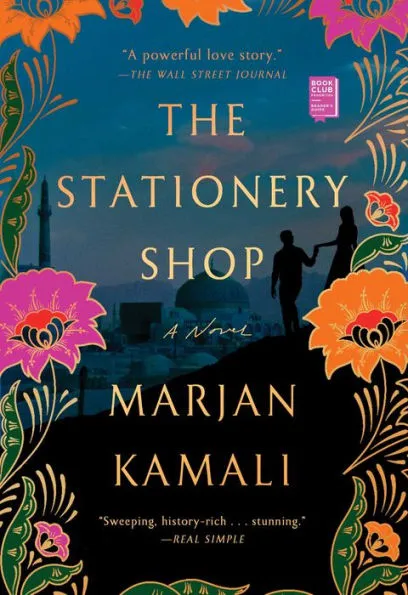
The Stationery Shop by Marian Kamali
Experience a tragic love story alongside political unrest in Iran during the coup in the 1950s. The story starts, however, in 2013 in America when an older woman, Roya, is visiting an old man in a nursing home. Now, we backtrack to the 1950s where young Roya finds solace in a quaint shop full of literary treasures. There she meets and falls in love with a handsome political activist, Bahman. They communicate via letters passed back and forth, slipped between pages of the books when safety demands they stay at a distance. They finally plan to meet but something goes horribly wrong: Roya and her younger sister must flee their country, where she attends college in the United States and eventually marries an American man.
Roya’s complicated and sometimes difficult present happiness is continually clouded by the loss of her teenage dream back in Tehran. But her story ends with an unpredictable twist that brings understanding to all the characters and their relationships. Kamali’s beautiful and emotional story delves deep into the impact of war trauma on the psyche. Read our review here.
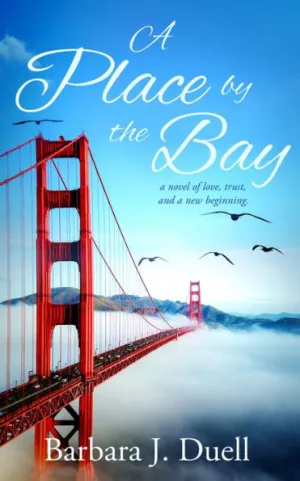
A Place By The Bay by Barbara Duell
Madi Pilgrim has spent the last 15 years as a wartime photojournalist. Occupational hazards include physical wounds and mental anguish as she documented the decimation of human life; the genocide in Bosnia is the straw that breaks the camel’s back. Trauma surgeon Neal Baker patches her up in a hospital in Germany and warns her to take it easy, advice she willfully ignores.
She returns home only to be caught up in a different kind of war that has invaded the streets of San Francisco: lost-cause kids fighting for survival. Meanwhile, Neal Baker has hidden war wounds of his own, and Madi’s fiery determination throws salt all over them, influencing him to risk pain for passion. He races to find her halfway across the world and join her in the cause (love could be an important factor in his decision process, too.) They might not only save the children but save themselves. Read our review here.
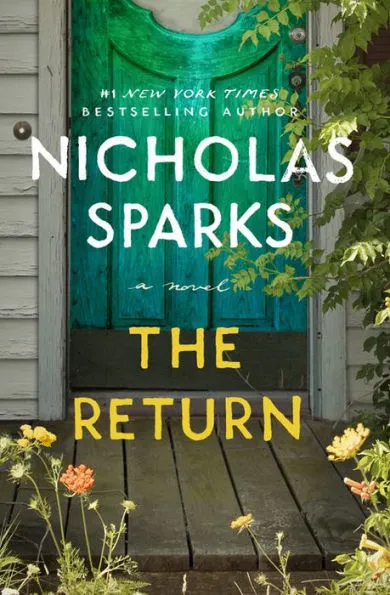
The Return by Nicholas Sparks
What’s a list of books about love and war without an appearance by the reigning king of it all, Mr. Nicholas Sparks? A veteran named Trevor Benson, who is suffering from PTSD after being wounded by a mortar explosion in Afghanistan, is left a cabin in New Bern, NC, by his late grandfather. It’s a return to a childhood homestead, where he meets the underprivileged Callie and the evasive local sheriff’s deputy, Natalie.
He discovers some hidden ties that bind Callie to his family’s history while feeling some romantic interest in Natalie. As he navigates these relationships, platonic and not-so-platonic, he must also gingerly navigate the healing process for his own PTSD. Serious subjects are painted with light-handed strokes in this novel that covers the full spectrum of nuanced human emotions, especially as impacted by memories of war. Read our review here.
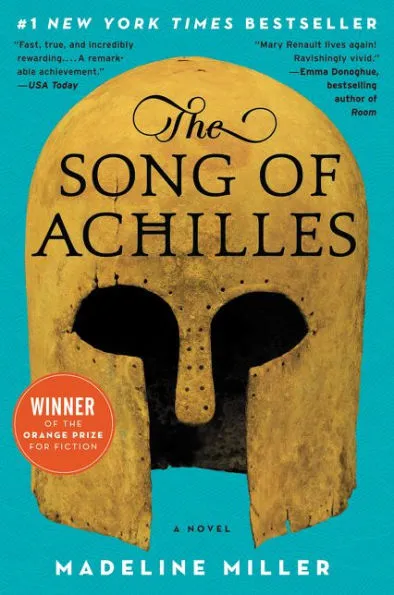
The Song of Achilles by Madeline Miller
https://booktrib.com/wp-content/uploads/2021/12/Song-of-Achilles-200×302.jpeg
The Song of Achilles (Ecco) by Madeline Miller
Here’s a contemporary LGBTQ favorite that takes its inspiration from ancient history and epic lore. A sweeping story of Bronze Age gods and heroes, this breakout author’s debut is a triumphant tale fit for Mount Olympus. The book follows the lives of Achilles and Patroclus, two legendary heroes from The Iliad. But rather than simply retelling Homer’s epic, Miller reimagines the story from the very beginning by revealing the origins of a love story so powerful it would alter the course of the Trojan War.
As she retraces the steps of their childhoods, Miller reveals how these two met and grew to earn such a powerful reputation. But the stakes are high in war, even for its heroes; and in a world of gods and grim prophecies, fate isn’t so easily avoided. War trauma doesn’t just impact the relationship in this book, it defines it. Therein lies the tragedy, drama and page-turning plot. If you like this one, also try Miller’s more recent offering, the equally intriguing Circe.
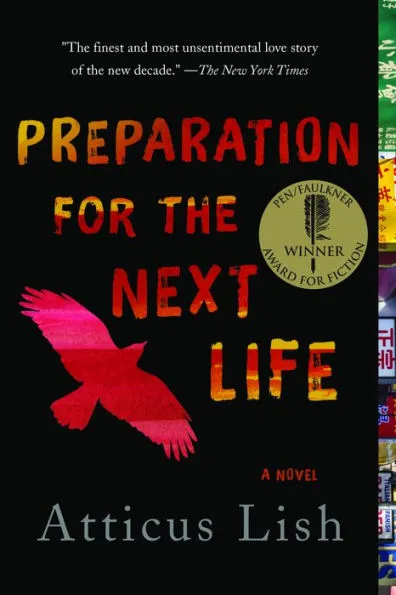
Preparation For The Next Life by Atticus Lish
This bold and unique novel won the 2015 PEN/Faulkner award. It also won praise from The New York Times for being “unlike any American fiction I’ve read recently in its intricate comprehension of, and deep feeling for, life at the margins … at its knotty core, amazingly, is perhaps the finest and most unsentimental love story of the new decade. It’s one that builds slowly in intensity, like a shaft of sunlight into an anthracite mine.” The love story falls into place as the characters suffer fallout from war and pulls no punches in translating the harsh reality of that endeavor.
Orphan Zou Lei, a Chinese Muslim, immigrates illegally to New York in search of work and a new life. This new life is grimy with hard and unrewarding labor, but love blooms with a young war veteran whose heart has been broken in a very different way and in a very different place. Together they combat homelessness and nightmares (both literal and metaphorical) which may foreshadow the future. Will their journey tear them apart or tie them permanently to each other?
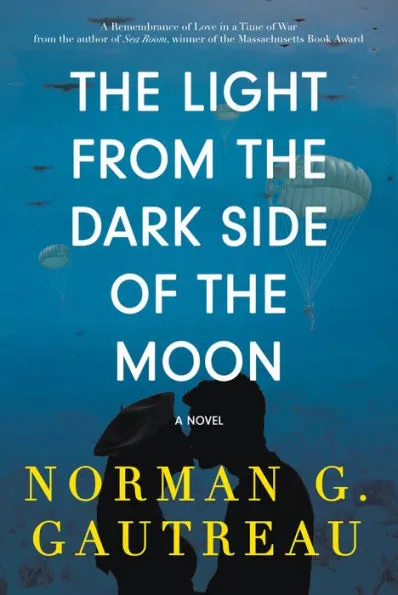
The Light From The Dark Side Of The Moon by Norman G. Gautreau
“The physical wounds of war may heal, but the memories can survive for a lifetime.” Henry Budge defies most of his family at the ripe old age of 92 by escaping from his rehab hospital. He doesn’t just take a stroll around the block; he voyages across the sea to France to see the ceremonies of the 70th observance of D-Day. His goal is to finally, before death, address a decades-long trauma that’s entangled with memories of Élodie Bedier, the French Resistance fighter with whom he fell in love 70 years earlier.
He relives a range of events (from new love to the Holocaust) and contemplates the choices that left both Élodie and himself in horrifically dangerous positions. Henry also makes several shocking discoveries that threaten the foundations of a lifetime of memories. Says Waheed Rabbani of the Historical Novel Society, “Gautreau’s haunting images of the simultaneous shining of moonlight on the different theaters of the war and the ‘reflection from the dark side’ are awe-inspiring.”

